The brutal abduction, rape and murder of Sydney nurse Anita Cobby sent shockwaves around Australia in 1986, and all but destroyed her husband John. Thirty years on he opened up to journalist Mark Morri, who also interviewed the detectives responsible for hunting down the five killers. This is an extract from his book, Remembering Anita Cobby.
Anita had been dead for more than two and half years, yet John was still having nightmares about her, still racked with guilt that he hadn’t been there to protect her.
He can’t even remember being told that the killers had been found guilty and sentenced.
Starting in early 2015, John and I spent hours talking about his life following the murder.
The problem was, there was much of it that he struggled to recall, especially during the late 1980s.
Time and again, he would mention events, emotions and thoughts, only to stop and say that he couldn’t be sure they were accurate because he had been heavily affected by booze and drugs.
It frustrated me, yet every time we spoke we grew closer, and I became even more acutely aware of his suffering throughout those lost years of his life.
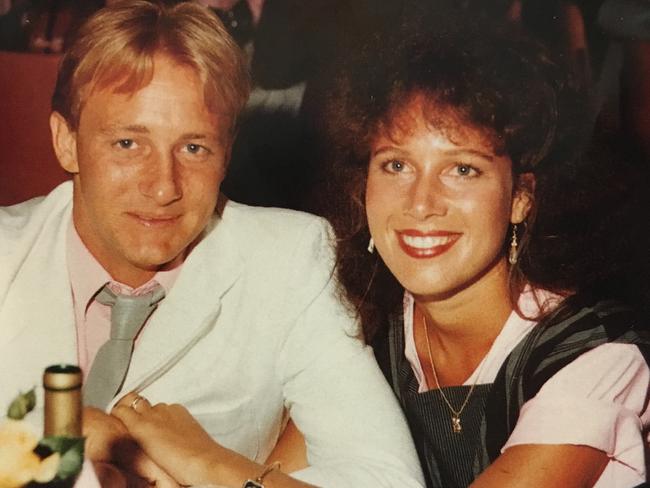
While John was in his own bubble of pain, the state government introduced the Victims Compensation Scheme on 16 December 1987.
Before that, victims of crime had been forced to sue in the civil court, which was a long drawn-out process and exposed the victims to cross-examination.
After the Victims Compensation Tribunal was established in late 1987, victims could make a claim of up to $50,000.
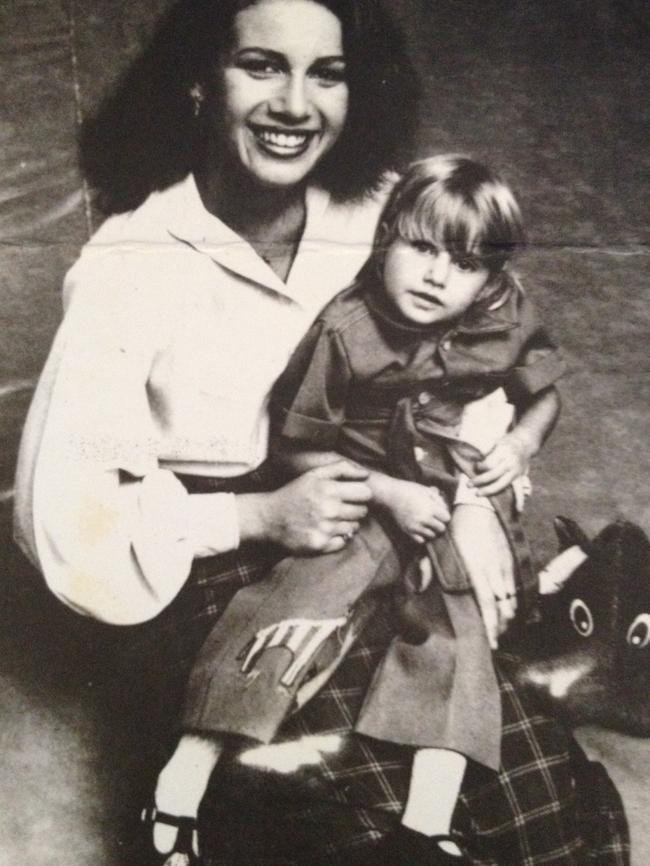
Applicants had to lodge their claim and be assessed by an accepted psychologist, doctor or other health professional.
Mercifully, they did not have to attend court or face questioning, reliving their pain in public.
John says of the scheme, “I had no idea it existed, and frankly wasn’t thinking about getting money for Anita’s death. I wanted revenge, not cash.
“Then Gaynor (Cobby, his sister) mentioned Garry (Lynch, Anita’s father) had lodged an application, or was going to apply for him and (wife) Peg to get $20,000 each, and me $10,000.”
John was incensed.
To him, it was blood money and he wanted no part of it.
He had been holding down a steady job for the last few years and had managed to repay most of the family who had helped him out financially while he was overseas in those first few months after the murder.
“But Gaynor, always looking out for me, as she does, told me I should stick up for myself and deserved some compensation for what I had gone through – and was still going through – and it wasn’t unreasonable for me to get half.”
It boiled inside him, but Gaynor kept at him, arguing that the money was there for him, that the scheme was for victims and he should take advantage of it.
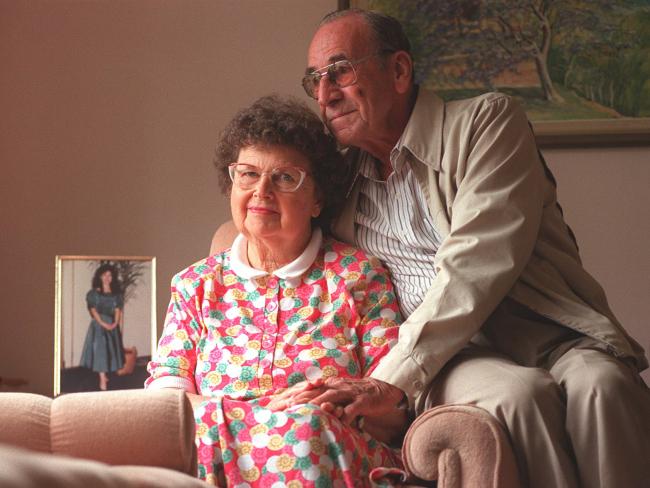
Eventually he was persuaded to make an application, although his stomach was churning as he filled out the forms.
Although still hazy about many things from that period, John remembers driving north over the Sydney Harbour Bridge to see Professor Rod Milton, the most respected criminal psychologist in Australia at the time.
When John and I talk over this part of his story, we both speculate about what Milton would have written about John in his report.
Whatever it was, John did receive his payout, $25,500 plus costs of $500.
Blood money
Apparently the Lynches had received a similar payment.
But the letter and the money John received made him feel uneasy.
At John’s urging, I decided to track down the report written by Professor Milton all these years later.
So I got John to sign a letter stating he would like to view his file from that time, and on 28 April 2015, an email from the Attorney-General’s Department appeared in my in-box, with the very detailed report by Rod Milton.
He detailed John’s pain with such clarity and emotional truth it made me cry.
"The police … requested that someone come to identify the body. He felt himself unable to do so, saying ‘I don’t know why. I’m a nurse. I see bodies all the time but I couldn’t bear to see Anita.’
"The police said she was ‘very gory, very bloody’ and suggested that Mr Lynch go because he did not seem so affected.
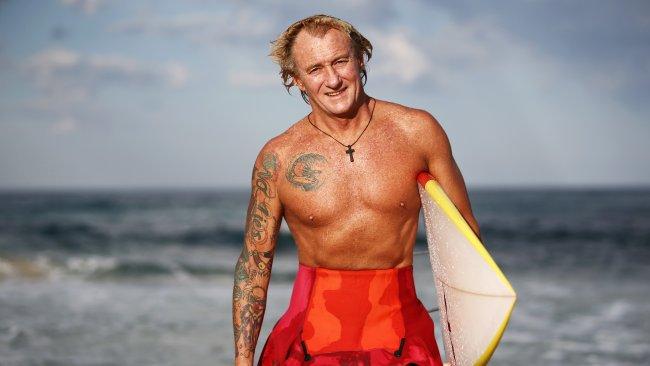
"John was taken back to the police station to make a statement.
"He remembers feeling dizzy and sick and having to lie on the floor.
"He was shocked and in a state of disbelief.
"He was questioned aggressively and found this extremely upsetting because it seemed he was a prime suspect.
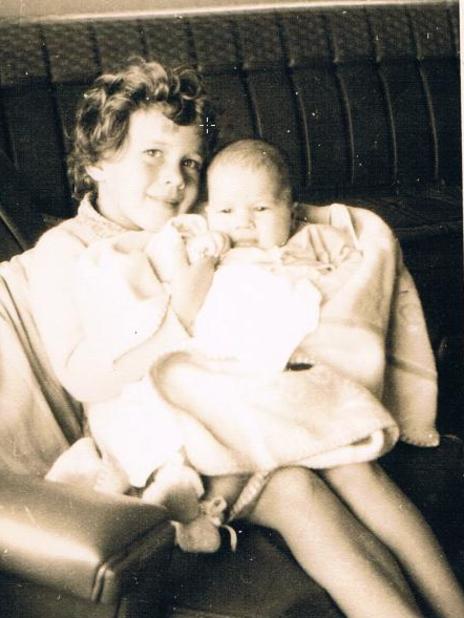
"He could not eat or sleep.
"He felt totally alone.
"He thought constantly of Anita’s suffering, of her being alone when being assaulted and killed.
"He imagined her calling out to him.
"He had a mixture of panic and anger, wanting to help her but being unable to do so.
"He felt guilty, blaming himself for not having picked her up that night, although he remembered her having told him not to do so because she was dining with friends.
"He could not return to work.
"He was afraid of being seen in public because of the extensive news coverage of the event.
"Mostly he just wanted to escape.
"He wanted to forget everything that had happened but was unable to do so.
"He had nightmares every night.
"He would imagine himself taking revenge on Anita’s killers.
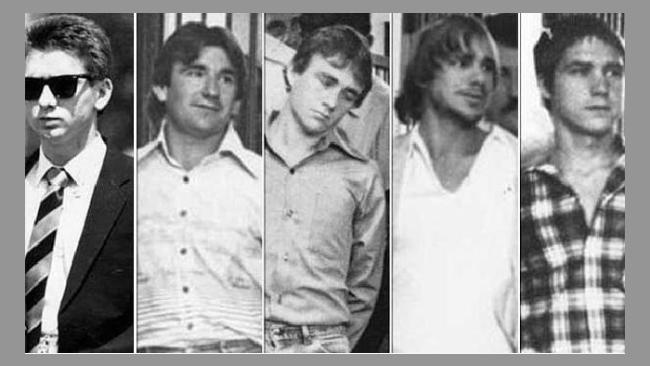
"He imagined he could hear her screaming and clawing her attackers and trying to escape.
"He felt angry, impotent, and hopeless.
"The dreams came ‘every time I’d nod off’ and he began drinking to excess, ‘heaps and heaps so I could go to sleep without dreams’.
"Two days after the funeral he left Sydney to reside with an old school friend living in the United States.
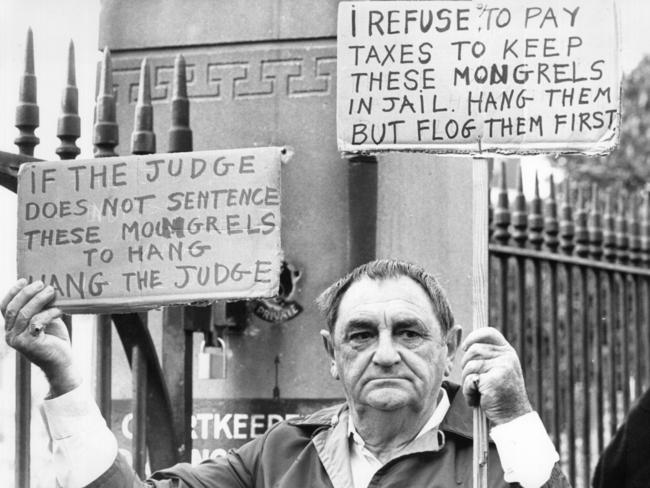
"His friend was a psychologist and tried to help John by counselling and relaxation therapy; but this was inadequate.
"He continued distressed after his return, although less than immediately after the funeral.
"Unfortunately, the event again assumed prominence in the newspapers, perhaps because of the committal hearing or trial, and his symptoms returned with the same intensity.
Time away
"He left Australia again, this time to go to the United Kingdom, where he worked for a racehorse trainer whom he had known in Australia.
"He was away five months, returning about the end of November 1986.
"The event was out of the news by this time and he felt he could start to rebuild his life.
"He said, ‘The whole time, all I wanted to [do] was just run away’.
"The nightmares have largely ceased now but he is still unable to [get] the fantasies of Anita’s death out of his mind, nor his preoccupation with her death and revenge for it.
"There is a persistent feeling of impotence and guilt.
"He has had occasional relationships with young women but these never come to anything.
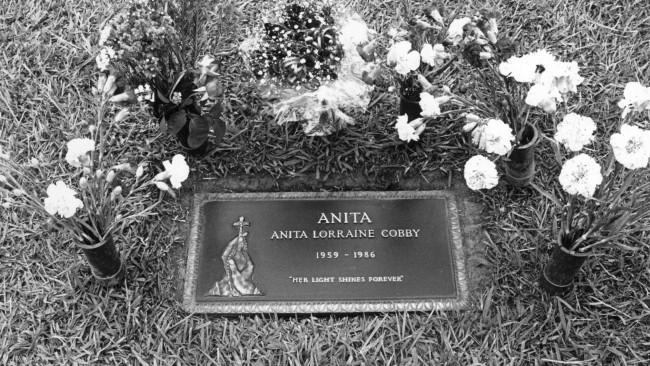
"He said, ‘I just can’t love now – I just feel cold.’
"His interests are rather restricted.
"He still maintains a lifelong interest in racing but nothing much else.”
Interestingly, John ran into Professor Milton in 2001 at a medical conference in Bondi.
John was there as part of his ongoing career development; he decided to switch from general nursing to psychiatric care three years after Anita’s murder.
"I went up to him after he spoke and introduced myself as John Cobby and said he probably didn’t remember me but we had spoken years before.
"He looked at me, said, 'Of course I remember you, but I’m surprised to see you. Honestly, I thought you would be dead or curled up on a park bench.'
"He was gentle when he said it to me, but it was a pretty mind-blowing thing to hear."
I sat on the report for weeks before I revealed to John that I had it, even when he pestered me .
If I had found it confronting to read, I reasoned, surely it was going to take John back to some of his worst moments.
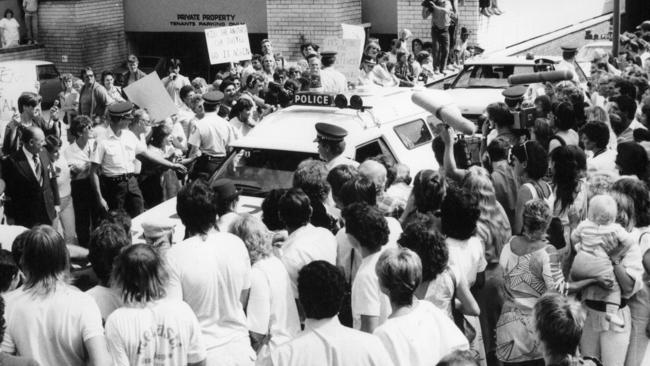
Fresh from discussing my misgivings with his sister, I met John at Bronte Beach one Saturday.
My plan had been to stay with him while he read it, which Gaynor thought was a good idea, but John refused point-blank to read it while I was there.
Reluctantly, I agreed and suggested that he read it then go out into the surf.
It was something that always seemed to give him solace.
He looked me in the eye and nodded.
A couple of hours passed and then John rang me.
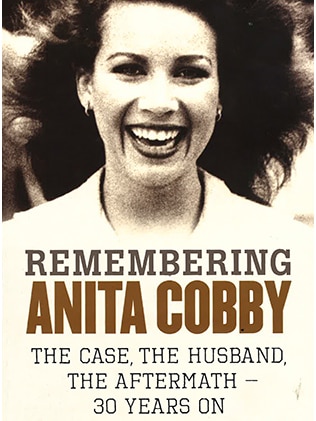
“F..k. Pretty confronting, isn’t it? I was a pretty sick puppy back then,” he added, trying to put on a bit of bravado.
“Why didn’t I just top myself?” It was hard to know what to say.
I told him I’d already had a couple of beers, just thinking about what he was going to read.
“Well, I’ve had a couple of wines myself and I reckon I’m going to have a lot more now.”
It was understandable, and in many ways I would have liked to have joined him.
But I wasn’t going to get plastered that night.
Instead, I was going to dinner with my wife, Nicole, and I told John that.
“You go to her and you love her as hard as you can. Give her the love I couldn’t give Anita,” he said before hanging up.
This is an edited extract from Remembering Anita Cobby by Mark Morri. Published by Penguin Random House. RRP$34.99
This extract was first published by The Sunday Telegraph in January 2016.

Add your comment to this story
To join the conversation, please log in. Don't have an account? Register
Join the conversation, you are commenting as Logout